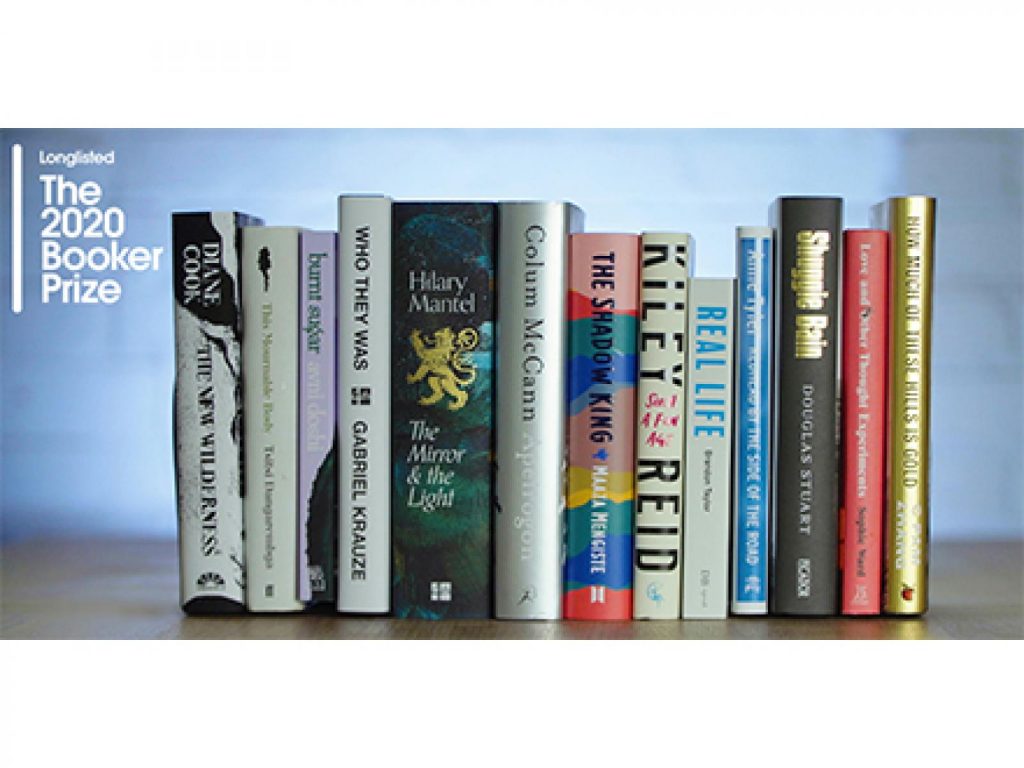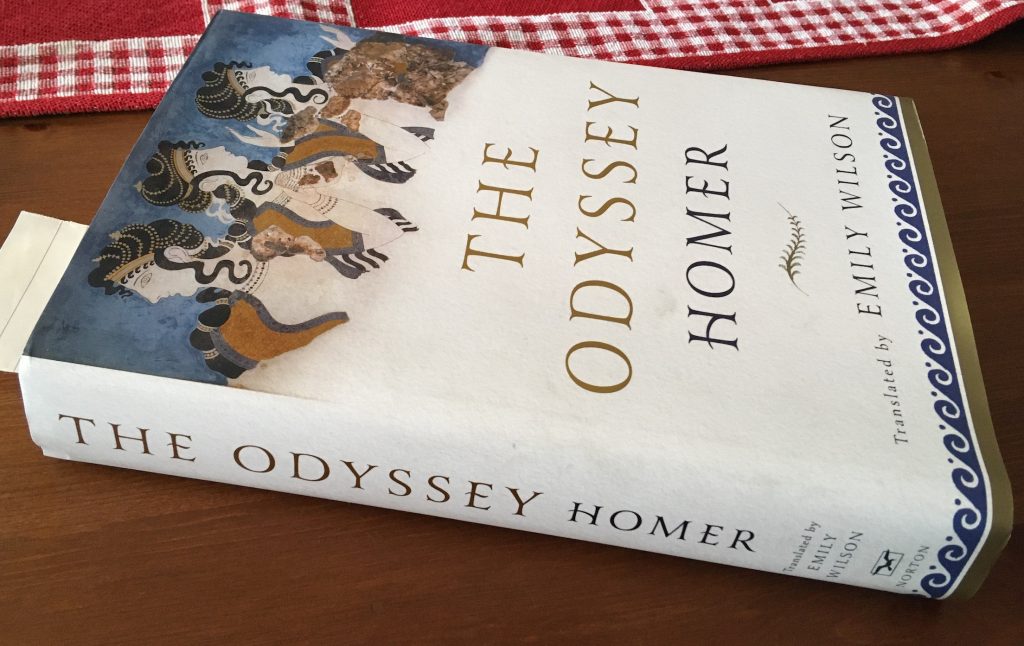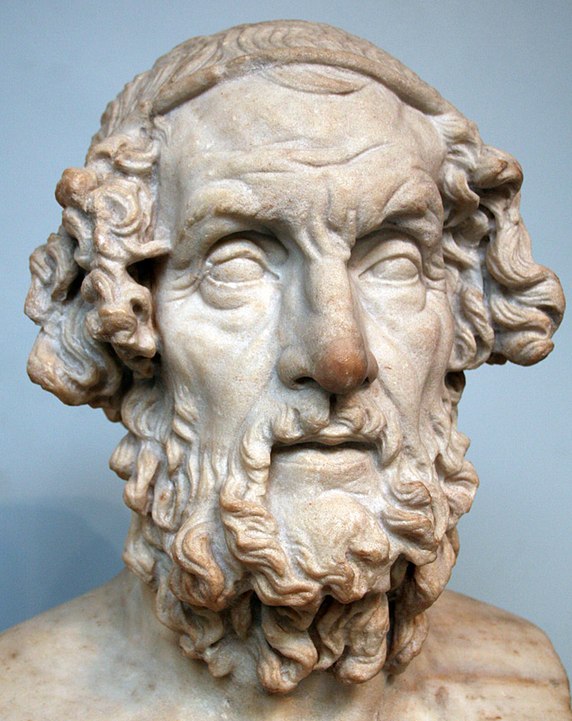In the LRB Conversations podcast series, Emily Wilson discusses her recent piece in the London Review of Books (8 October 2020) (restricted access) on three (relatively) new translations of Aeschylus’ The Oresteia. One would have to say, mixed reviews; Wilson of the opinion that all fail to adequately reflect newer scholarship in respect to the state of democracy and justice in fifth-century Athens, and how that is reflected in the language of tragedy and specifically that of Aeschylus. She concludes the Oliver Taplin translation to be much the better of the three (though his introduction disappoints), and she recommends also that of Sarah Ruden (in The Greek Plays: Sixteen Plays by Aeschylus, Sophocles, and Euripides, 2017 Modern Library Classics).
Emily Wilson and Thomas Jones
Emphasised is the misunderstanding of the breadth of the feted Athenian model of state – a “democracy” that applied in fact only to a very limited constituency and only a handful removed from an oligarchy, and where a majority of the populous had absolutely nothing to say. In this regard, there are through the ages analogies aplenty – countries who adopt “Democratic” to their name and are quite obviously not is one example – but I specifically thought about the language of the Declaration of Independence and the Constitution of the United States in which that insinuated by “men” and “people” abounded with obvious exceptions – gender, race – until the last half of the 20th century, and less obviously – through disenfranchisement – still.
My thoughts flying to the young America, are echoed in the turn of conversation to the performative aspects of Greek tragedy, whereupon it is suggested that “Hamilton”, with its use of music and dance (and I would say the “state” folklore it serves) is perhaps the best modern analogue to classical Greek drama. In retrospect, I often wonder whether Athenian statecraft and European puritanism may have always been an imperfect mix upon which to build the foundations of a new nation.
More than once, the difficulty factor of Aeschylus is stipulated to be at the higher end – though in the course of the trilogy it moderates. Should one be deterred or accept the gauntlet handed down?
An interesting afterword: Emily Wilson, referring to her translation of The Odyssey, reveals a little of her criteria for (re-) translation (one of the reasons behind her criticisms of the above): first comes the request (in her case from an editor at Norton, with whom she had previously worked), but then a careful deliberation as to whether it is warranted, and what new stuff, if any, there is to brought to the fore, and her decision being further informed by her experience as a teacher of college students in the US. And, particularly she was convinced of the need for a new translation that returned to the metrical and syntactical rhythm of the ancient text, after years of versions rendered in prose form. Further, she recognised the opportunity to present a work that moved away from a purely Odysseus centred telling and gave the story in many voices, as multi-faceted, if you like, as the hero himself.
And, an after, afterword: Emily Wilson mentions at the very end of the podcast, that her Iliad translation will include Book 10 which, unbeknownst to me (well, who would have thunk it!), has been a matter of controversy over the years; the essence of the argument being that this book was a later addition and to be, therefore, discarded by the purist. The Stephen Mitchell translation, that does just that and to which Wilson refers, was reviewed at The New Yorker in 2011 by Daniel Mendelsohn.



